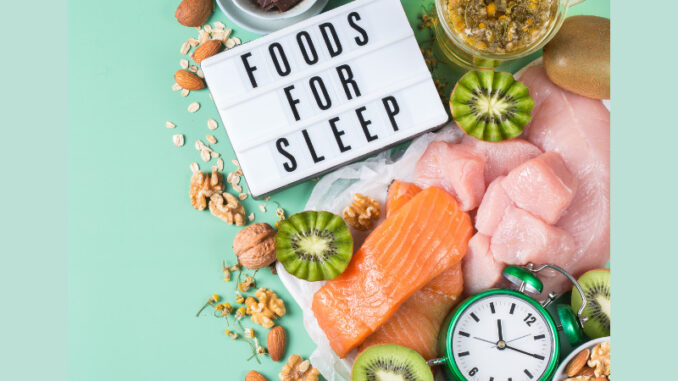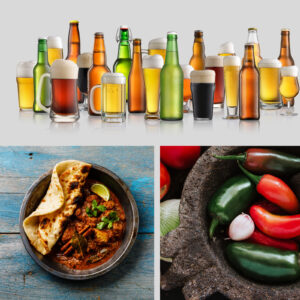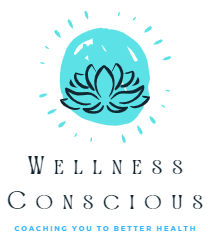
Nutrients That Promote Healthy Sleep
Certain nutrients are crucial in promoting healthy sleep and can help improve our sleep quality and duration. Incorporating foods rich in these nutrients into our diet can create an environment conducive to restful and rejuvenating sleep. Let’s explore some of these critical nutrients and the foods that contain them.
1. Magnesium: Magnesium is a mineral involved in over 300 biochemical reactions in our body, including regulating sleep. It helps relax our muscles and nervous system, promoting a sense of calm and aiding in the transition to sleep. Foods rich in magnesium include green vegetables (like spinach and kale), nuts and seeds (like cashews and walnuts ), whole grains (like brown rice and wild rice), and legumes (like black beans and lentils).
2. Zinc: It is an essential mineral that plays a role in sleep regulation and melatonin production. This hormone signals our body it’s time to sleep. Zinc-rich foods include oysters, beef, poultry, pumpkin seeds, and cashews.
3. B vitamins: B vitamins, particularly vitamin B6, are essential for producing neurotransmitters that regulate sleep, such as serotonin and melatonin. Foods rich in B vitamins include whole grains, legumes, nuts, seeds, leafy green vegetables, and animal products (such as fish, poultry, and eggs).
4. Tryptophan: This amino acid produces serotonin, a neurotransmitter that helps regulate sleep. Foods rich in tryptophan include turkey, chicken, fish, dairy products, nuts, seeds, and legumes.
5. Omega-3 fatty acids: Have been shown to improve sleep quality by diminishing inflammation and promoting the production of sleep-regulating hormones. Foods rich in omega-3 are fatty fish (salmon, mackerel, and sardines), walnuts, flaxseeds, and chia seeds.
Incorporating these nutrient-rich foods into our diet can give our body the necessary building blocks for healthy sleep and waking up refreshed and rejuvenated.

Foods You Should Avoid For A Good Night’s Sleep
Just as certain foods can promote healthy sleep, others can interfere with our ability to get a good night’s sleep. By avoiding or minimizing the consumption of these sleep-disrupting foods, we can create an environment conducive to restful sleep. Look at some foods you should avoid for a good night’s sleep.
1. Caffeine: As mentioned earlier, caffeine is a stimulant that can interfere with our ability to fall asleep. Caffeine is in coffee, tea, energy drinks, and chocolate. Limiting or avoiding caffeine, especially in the afternoon and evening, is recommended to allow our body enough time to metabolize it before bedtime.
2. Alcohol: While alcohol may initially make us feel drowsy, it can disrupt our sleep by causing us to wake up frequently during the night and reduce the overall quality of our sleep. It would help if you avoided or limited alcohol consumption, particularly close to bedtime, to promote better sleep.
3. Spicy and fatty foods: Spicy and fatty foods can cause indigestion and heartburn, making it difficult to fall asleep and stay asleep. It is advisable to avoid consuming these foods, especially in the evening, to minimize the risk of sleep disturbances.
4. Foods high in added sugars: Foods high in added sugars can lead to fluctuations in blood sugar levels, disrupting our sleep patterns and choosing foods low in added sugars or natural sweeteners, such as honey or maple syrup.
5. Heavy meals: Consuming large, heavy meals close to bedtime can strain our digestive system and make sleeping uncomfortable. It is recommended to have lighter meals in the evening and allow enough time for digestion before going to bed.
In our next blog post, part 4, you will get additional tips on what you can do to improve your sleep quality. If you like this post, please share it with friends.
